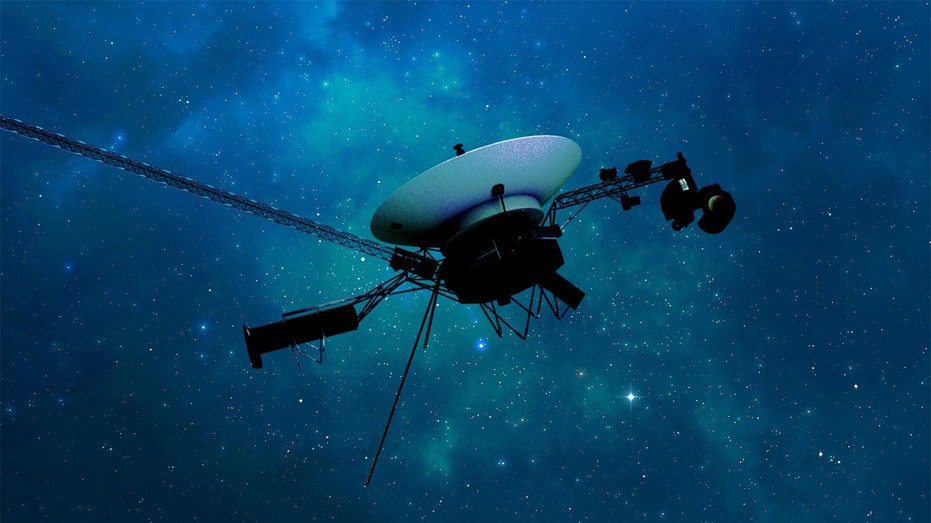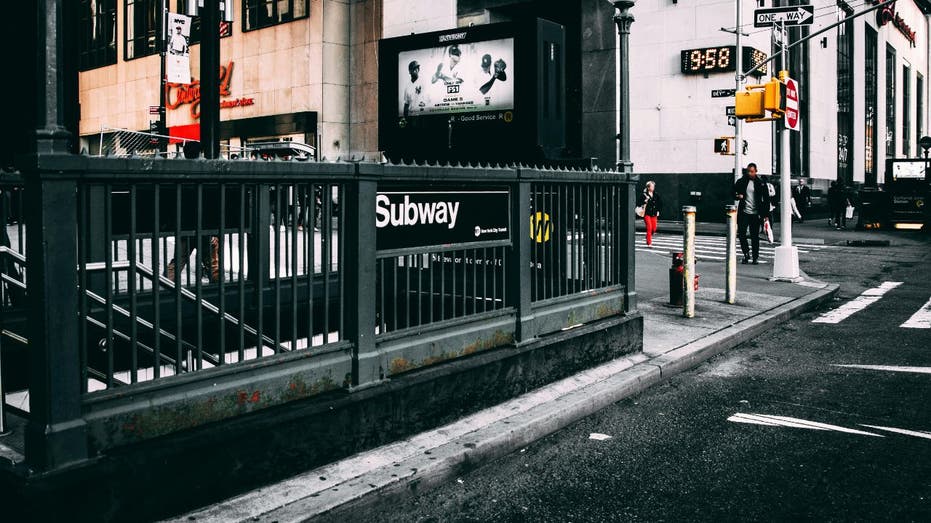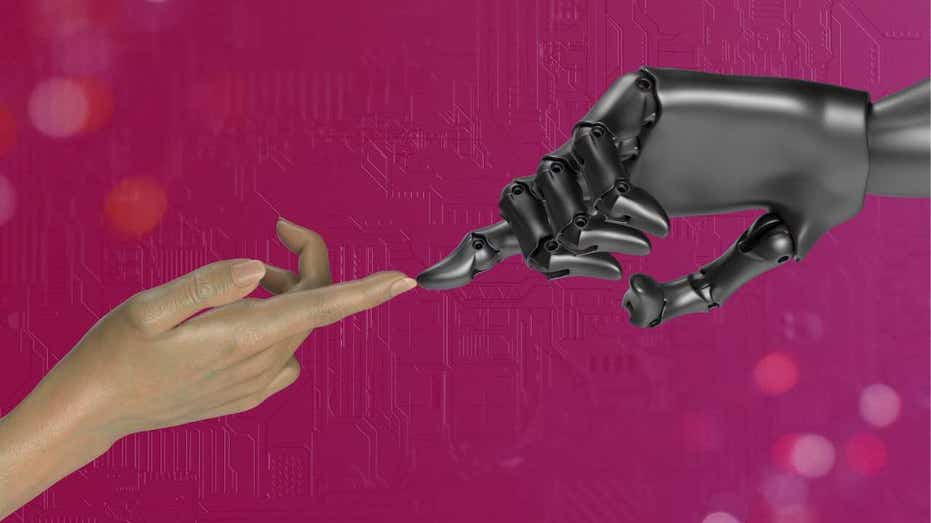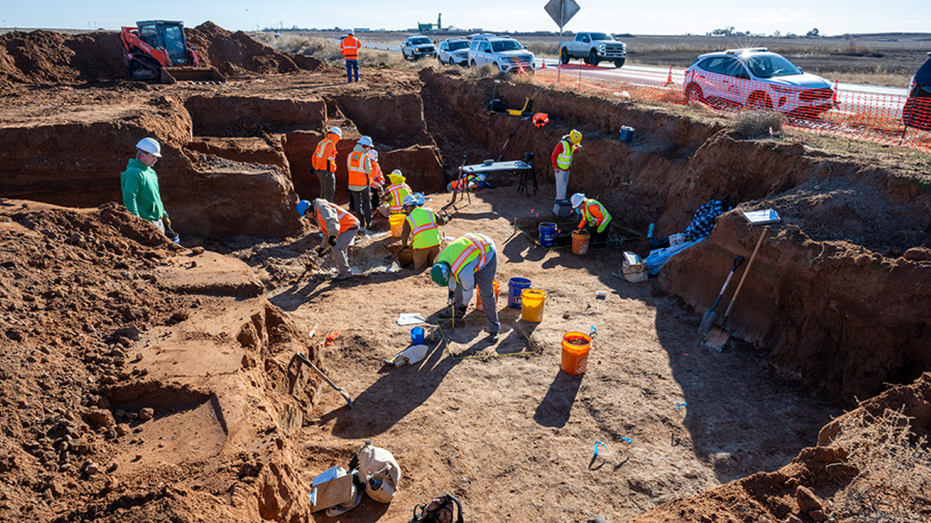- by foxnews
- 24 May 2025
A day in the life of (almost) every vending machine in the world
A day in the life of (almost) every vending machine in the world
- by theguardian
- 15 Apr 2022
- in technology

Those midnight Doritos at Manchester airport cost me £1.10. Though Johnny Brod, the operator, would not say how much of a cut went to the site owner, Manchester Airports Group, he did acknowledge that he made 22p in profit per Doritos packet. (And that Manchester Airport Group made more.) We were discussing this in headquarters when his father, John Sr, wandered through the office, ready to reminisce about the old days. John Sr explained how he founded the business in the 1960s with a single National Vendors machine, imported from the US. He struck a deal to put it in the foyer of Macclesfield baths. Everything escalated from there.
As Johnny Brod explained to me in the Wythenshawe office, the post-pandemic world was one that needed feeding to an ever-greater degree by unmanned food stations. He had secretive concept sketches on his phone, and prototype machines behind a locked laboratory door at his headquarters, all part of a plan to help usher in a new vending age. I made him promise to show me the secret lab after lunch.
Vending machines do kill their human patrons every so often. A US study in 1998 recorded 37 deaths and 113 injuries over a 20-year period, which amounted to an average of 1.85 kills per annum. This statistic, never formally updated or corrected since, sometimes prompts the claim that vending machines are deadlier than sharks. In the 1980s, cans of drink were left for the taking on top of vending machines near Hiroshima in Japan. These cans had been deliberately laced with a potent herbicide. Twelve people died and their killer was never caught.
If Wakefield is the literal birthplace of the automated sale, Japan is the spiritual home. There they vend umbrellas, ice-cream, fancy dress. In Nagasaki, there is a machine that sells the edible chrysalises of silkworms. You can vend fresh tomatoes in Kobe and, in Tatsuno, fresh oysters. In Osaka, during the summer of 2021, a Japanese airline had started selling tickets to mystery destinations from a machine that asked 5,000 yen, or £30, per turn. This concept was so popular that 10,000 tickets were sold by the end of 2021 and the airline put duplicate machines in Tokyo, Nagoya and Fukuoka.
At the last formal count, conducted by a trade body in December 2020, there were 2.7m vending machines spread around Japan: one for every 46 citizens, the highest density anywhere. Affection for vending is so pronounced that a machine selling something unique may become the subject of fascination, even pilgrimage. On 21 July, while I was in Manchester with the Brodericks, and while Emmet Oppong was keeping a close eye on his Belfast machine, a Japanese accountant named Masaharu Mizota was coming to the end of his day in Ehime. Mizota had recently learned about an unusual, indeed, one-of-a-kind machine in Uchiko, a small town on the Oda River, and he daydreamed about taking a roadtrip to try it. Would it be crazy to drive for hours to Uchiko, just to push a coin into a slot and punch a few buttons?
Mizota told me that he felt the culture of automated vending to be a part of his culture as a Japanese citizen. He was as willing to take a long journey to try out a novel machine as he would have been to visit a monument or a place of natural beauty. Mizota was eight hours ahead of me in the UK, almost ready to go to bed. Before he did so he checked his maps, figuring out a route for the morning.
Micro-markets full of swipe-to-open larders and fridges began to open in offices, factories and prisons across the US. Sensitive shelves and CCTV cameras helped determine who had bought what. In Europe and the UK, Selecta opened about 150 micro-markets which, at least until the summer of 2021, were in workplaces not accessible to curious outsiders. That week in July 2021, however, Selecta had opened a micro-market for use by anybody in East Croydon train station in London. A small retail unit by the gates had been fitted with larders full of fruit tubs, wide-bottomed milkshakes, shallow nut trays, Jaffa Cakes in sealed blue parcels. Everything was left unattended, at the disposal of any passing customer with a credit card.
In Belfast, that night, when Emmet Oppong looked in on his vending machine before bed, no midget gems had been sold. Crinkle-cut crisps had done better, and as usual every Coke he could fit inside was gone. Oppong clicked his pen and did some sums. As long as he wrote off the personal labour, he was satisfied his SnackMart had now paid for itself. He was newly in profit: a vending entrepreneur. Months later, in autumn 2021, and trading as Em Vending Solutions, Oppong would go on to triple the size of his operation, purchasing a pair of silvery machines covered in cartoony decals of Homer Simpson and the Tasmanian Devil, £750 the pair.
- by foxnews
- descember 09, 2016
Texas road construction unearths 'colossal' prehistoric remains of 'big ol' animals'
Archaeologists in Texas recently discovered prehistoric megafauna bones, including a giant ground sloth, during a highway project in Lubbock, according to officials.
read more





